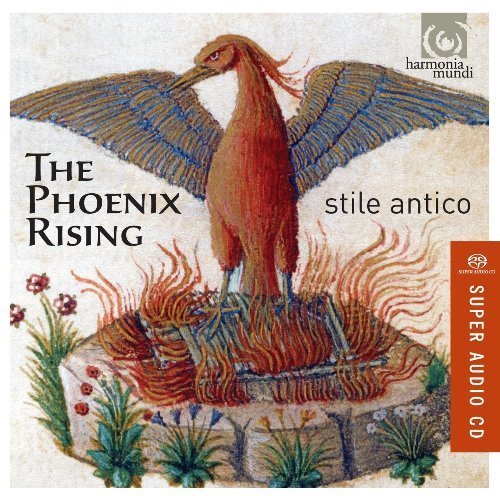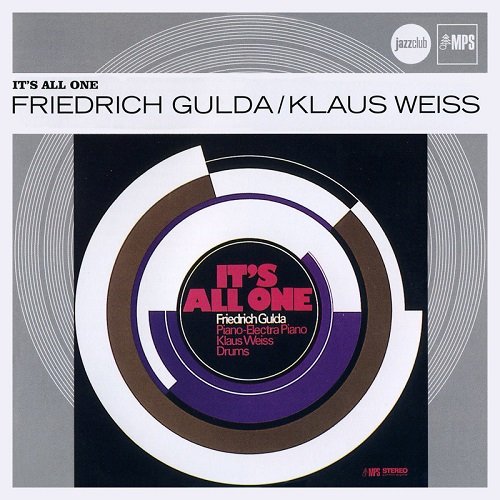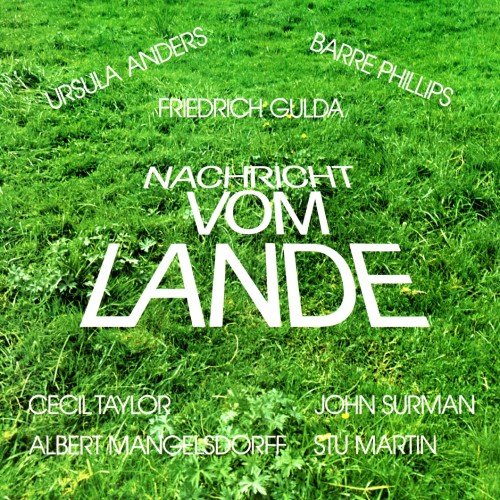Stile Antico - The Phoenix Rising (2013) CD-Rip

Artist: Stile Antico
Title: The Phoenix Rising
Year Of Release: 2013
Label: Harmonia Mundi
Genre: Classical
Quality: FLAC (image+.cue,log,scans)
Total Time: 74:34
Total Size: 331 Mb
WebSite: Album Preview
Tracklist: Title: The Phoenix Rising
Year Of Release: 2013
Label: Harmonia Mundi
Genre: Classical
Quality: FLAC (image+.cue,log,scans)
Total Time: 74:34
Total Size: 331 Mb
WebSite: Album Preview
01. William Byrd: Ave verum corpus
02. Thomas Tallis: Salvator mundi
03-04. William Byrd: Mass for five voices - Kyrie eleison - Gloria
05. Thomas Morley: Nolo mortem peccatoris
06. Orlando Gibbons: O clap your hands together
07. William Byrd: Mass for five voices - Credo
08. Robert White: Portio mea
09. Robert White: Christe qui lux es et dies (IV)
10. Orlando Gibbons: Almighty and everlasting God
11. William Byrd: Mass for five voices - Sanctus & Benedictus
12. Thomas Tallis: In ieiunio et fletu
13. William Byrd: Mass for five voices - Agnus Dei
14. John Taverner: O splendor gloriae
Performers:
Stile Antico
The rising "phoenix" in the title of this release by the leaderless, 12-voice British choir Stile Antico carries several meanings. The album presents selections from the ten-volume 1920s publication Tudor Church Music, which had a great deal to do with the prevalence of English Renaissance choral music in the general choral scene of today. That book essentially revived the reputation of English music, but it has itself become shrouded in historical mists; the album marks both the original funding of Tudor Church Music by the Carnegie UK Trust and the centenary of that organization in 2013. The Tudor dynasty lasted for nearly 120 years in Britain (from 1485 to 1603), during which a great deal happened, both politically and musically. What you get here is not a greatest-hits selection from that period, but a mix that aims to convey the musical ambitions of the period more broadly. There are several well-known pieces that are part of the arsenal of many standing choirs: Gibbons' O clap your hands and Byrd's Mass for five voices (properly broken up the shorter pieces) and Ave verum corpus. But there are also larger works, in Latin, that let the choir really show its considerable ability to draw fine distinctions of texture. Consider Nolo mortem peccatoris by Thomas Morley, better known for stereotypical madrigals like Now is the month of maying. Nolo mortem peccatoris, a Latin anthem, is touched by Morley's madrigal language. Even more expressive is the harmonically experimental In ieunio et fletu of Tallis seemingly trying to atone for the simplicity of his Anglican church music. This is, in a nutshell, a fine selection of Renaissance choral music, sung by an unusual and extremely virtuosic choir, and well recorded in hybrid multichannel SACD sound (in, unfortunately, a completely unidentified location).



![VA - Bossa n' Collins (2026) [Hi-Res] VA - Bossa n' Collins (2026) [Hi-Res]](https://www.dibpic.com/uploads/posts/2026-01/1767358905_z6fj4mp1lrn4a_600.jpg)



![Manny Albam and His Jazz Greats - Play Music from West Side Story (Remastered Edition) (2025) [Hi-Res] Manny Albam and His Jazz Greats - Play Music from West Side Story (Remastered Edition) (2025) [Hi-Res]](https://www.dibpic.com/uploads/posts/2026-01/1767257208_maws500.jpg)
![Pymlico - Core (2025) [Hi-Res] Pymlico - Core (2025) [Hi-Res]](https://img.israbox.com/img/2026-01/03/l6kyknum5dngl5wzvdg0owfy4.jpg)